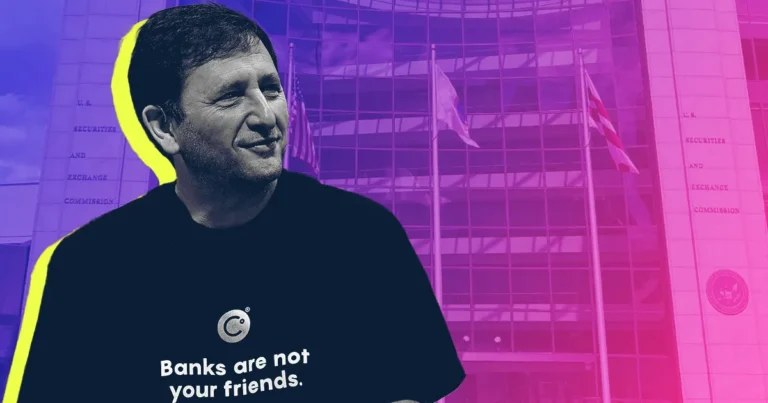29-4-2025 – Alex Mashinsky, once the heralded architect of the Celsius Network, now teeters on the brink of a 20-year prison sentence, as the U.S. Department of Justice presses for a punishment that mirrors the colossal scale of his alleged transgressions. In a searing memorandum submitted to the court, prosecutors have painted Mashinsky’s actions as a meticulously orchestrated fraud, one that siphoned nearly $7 billion from customers, leaving countless lives in financial ruin.
At its zenith in 2021, Celsius presided over a staggering $20 billion in cryptocurrency assets, with Mashinsky championing the platform as a secure haven, a bold alternative to traditional banking. He dangled the promise of lofty returns with minimal risk, assurances that prosecutors now denounce as a calculated facade. Behind the scenes, they allege, Celsius engaged in reckless ventures—unsecured loans, speculative trades, and covert manipulations of its proprietary CEL token—all while falsely proclaiming the safety of customer deposits. Mashinsky himself, the DOJ claims, reaped over $48 million by offloading CEL tokens at artificially inflated prices, even as he publicly professed solidarity with customers, claiming to “HODL” alongside them.
When Celsius crumbled into bankruptcy in July 2022, it left a $4.7 billion void in customer funds, a shortfall that has since ballooned to an estimated $7 billion amid the cryptocurrency market’s 2024 surge, fuelled by the so-called “Trump-trade” rally. Prosecutors assert that Mashinsky’s refusal to shoulder blame, instead deflecting responsibility onto regulators, market volatility, and even his victims, underscores his lack of remorse. His guilty plea in December, admitting to misrepresenting the security of deposits and rigging the CEL token’s value, has done little to temper the DOJ’s resolve.
The prosecution’s case is unequivocal: Mashinsky’s actions were not the missteps of an overzealous entrepreneur but the deliberate machinations of a man driven by avarice. They argue that a lenient sentence would not only diminish the severity of his betrayal but also embolden other cryptocurrency moguls to prioritise personal gain over ethical stewardship. As Judge John G. Koeltl prepares to deliver his verdict on May 8.


